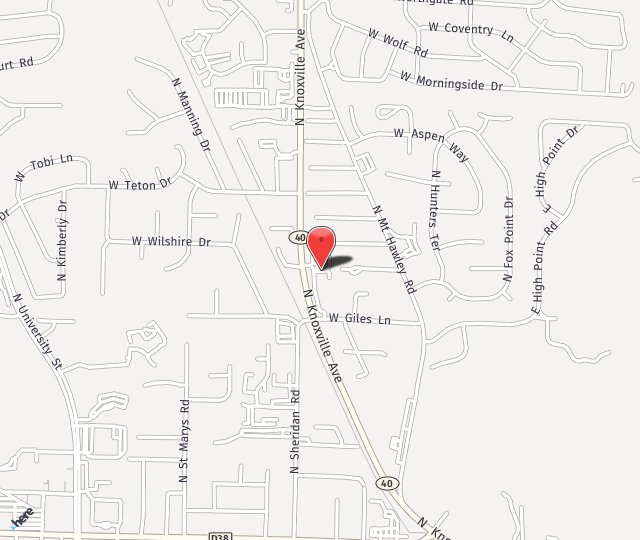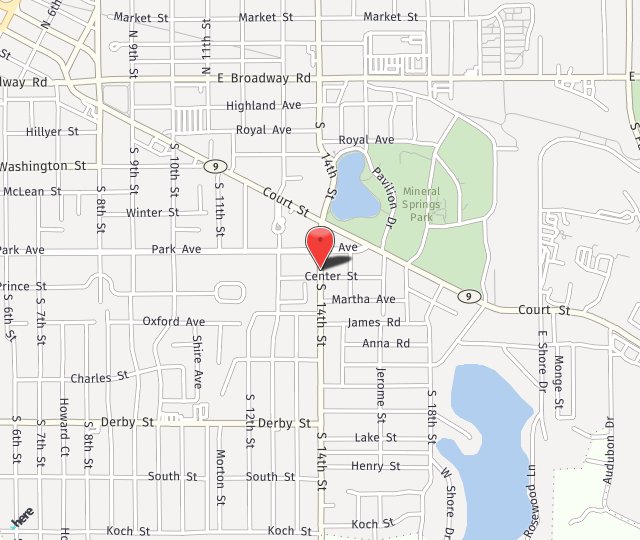Immediate Attention Is Necessary
Retinal detachment may occur at any age although it usually occurs in middle-aged or older individuals. This condition usually develops in people who are nearsighted or who have relatives with retinal detachments. If not treated early, retinal detachment may lead to impairment or loss of vision.
Causes and Symptoms:
Most retinal detachments are caused by the presence of one or more small tears or holes in the retina. These tears or holes are usually caused by natural aging, abnormal growth of the eye (sometimes a result of nearsightedness), inflammation or injury, such as a hard, solid blow to the eye. There are some retinal detachments that are caused by other diseases in the eye such as tumors, severe inflammations, or complications of diabetes. Some people may see floating black spots called floaters and flashes of light in their vision. These are usually not indications of a serious problem. More serious indications are wavy or watery quality in overall vision or the appearance of a dark shadow in some part of their side vision. Unless repaired, significant sight loss will result.
Detection & Diagnosis:
A detached retina cannot be viewed from outside of the eye. Only an ophthalmologist, a medical, surgical and optical doctor, is properly qualified to provide total eye care in the diagnosis and treatment of a detached or torn retina. Treatment If the retina is torn and retinal detachment has not yet occurred, a retinal detachment may be prevented by prompt treatment. If detached, surgery must be performed.
Laser Photocoagulation is done when new small retinal tears are found, with little or no nearby retinal detachment. This process is done by producing scars that seal the edge of the tear with a laser light. Freezing can also be done to the back wall of the eye behind a retinal tear to stimulate scar formation and seal down the edges.
Surgical Repair is required in more severe cases. The operation is designed to press the wall of the eye against the retinal holes, holding both tissues together until scarring seals the tears. If the retina is successfully reattached, the eye will retain some degree of sight and blindness will have been prevented. If the retina cannot be reattached, then the eye will continue to lose sight and ultimately become blind.
After surgery, patients with uncomplicated retinal attachments are usually discharged within a week. Generally, eye drops and ointments are the only medications required after discharge. Occasionally, glasses or contact lenses may be prescribed after retinal surgery if vision needs correction.
Who can correct these conditions?
Only an ophthalmologist, a medical doctor educated, trained, and licensed to provide total care of the eyes, can correct detached and torn retinas.


